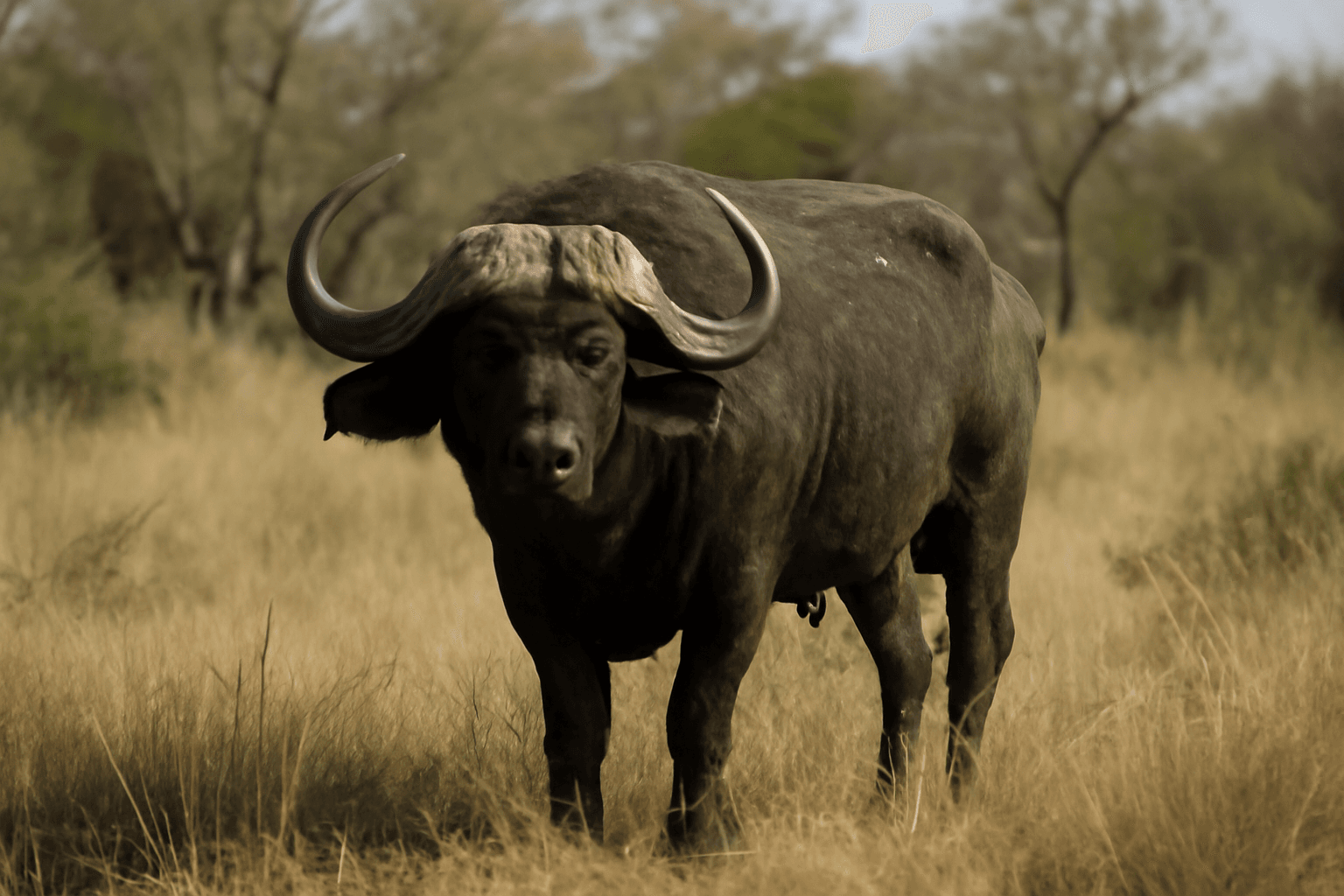Tragic Discovery in Hokkaido Following Bear Attack on Mount Rausu
Nemuro, Japan — August 16, 2025: The serene wilderness of Japan’s northernmost island, Hokkaido, was rocked by a rare and fatal encounter when authorities discovered a body on Mount Rausu, following a violent brown bear attack that left a climber missing since the previous day.
The Incident: A Close Encounter with a Brown Bear
On Thursday morning, two men in their 20s embarked on an early ascent of Mount Rausu — the highest peak on the Shiretoko Peninsula, renowned for its pristine natural beauty and designated as a UNESCO World Heritage site. Departing at around 5 a.m. from the Shari side, their hike took a tragic turn shortly before noon during their descent.
According to eyewitness accounts and police investigations, at approximately 11:10 a.m., a brown bear suddenly attacked one of the climbers. His friend, who was approximately 200 meters ahead, heard his calls and rushed back to find him struggling to fend off the animal while bleeding from his leg. Shockingly, the bear dragged the victim into thick brush, disappearing from immediate sight.
Search and Rescue Efforts
The uninjured companion promptly alerted local authorities, triggering a rapid response involving helicopter evacuations for over 70 other climbers on the trails. Due to the urgency and potential ongoing danger, officials closed all three hiking trails leading to Mount Rausu to prevent further incidents.
Despite intensive search efforts—including helicopter sweeps, drone surveillance guided by the victim’s smartphone location data, and a ground team of 16 composed of police officers and hunters utilizing trained dogs—the missing climber was not located on Thursday.
However, on Friday morning, search teams discovered a body believed to be the missing man. Near the site, they found a bloodstained shirt and wallet, evidence tragically confirming the severity of the encounter. Authorities are conducting further investigations to officially identify the remains.
Mount Rausu and Its Wildlife Context
Mount Rausu, standing at around 1,660 meters, is part of the vast Shiretoko Mountain Range, which attracts over 5,000 climbing enthusiasts annually. Brown bears, while native to the region, rarely attack humans — a fact underscored by this being the first documented bear attack in the Shiretoko mountains since record-keeping began in 1962.
Nonetheless, recent months have seen growing reports of increased bear encounters near the mountain, suggesting shifts in animal behavior possibly linked to habitat changes, food scarcity, or increased human presence. This incident raises urgent questions about coexistence strategies between humans and wildlife in protected natural habitats.
Expert Insight: Navigating Wildlife Risks in Nature Reserves
Dr. Kenji Tanaka, a leading wildlife biologist specializing in Hokkaido’s ecosystems, notes the importance of amplified safety protocols: “As human activities increasingly overlap with bear habitats, we must invest in robust education and early-warning systems. Technological tools like drones and GPS tracking are valuable, but community awareness and respect for wildlife boundaries are crucial to prevent tragedies.”
From a public policy perspective, this incident spotlights the challenge of balancing tourism and conservation. The Shiretoko Peninsula’s status as a World Heritage site brings economic benefits but necessitates enhanced management frameworks, including mandatory bear safety training for climbers and improved emergency response training for local authorities.
Looking Ahead: Safety Measures and Conservation Dialogue
As Hokkaido mourns the loss and reflects on this rare incident, discussions among government, conservationists, and local communities are expected to intensify regarding sustainable tourism and human-wildlife interaction. This unfortunate event serves as a sober reminder of nature’s unpredictability and the essential responsibility of all visitors to respect and prepare for wildlife encounters.
Summary
- August 15: Man attacked by brown bear on Mount Rausu, Hokkaido.
- Search involved police, hunters, drones, and helicopters; body found next day.
- First bear attack recorded in the Shiretoko Mountain Range since 1962.
- Highlights need for enhanced safety measures and wildlife coexistence strategies.
Editor's Note
This incident underscores the delicate balance between enjoying nature’s wonders and respecting its inherent dangers. It invites broader reflection on how increasing human incursions into wildlife habitats demand thoughtful policies and community engagement to ensure safety without compromising conservation goals. As climate change and development reshape animal behaviors globally, incidents like this could become more frequent, underscoring the urgent need for adaptive strategies both in Japan and worldwide.









